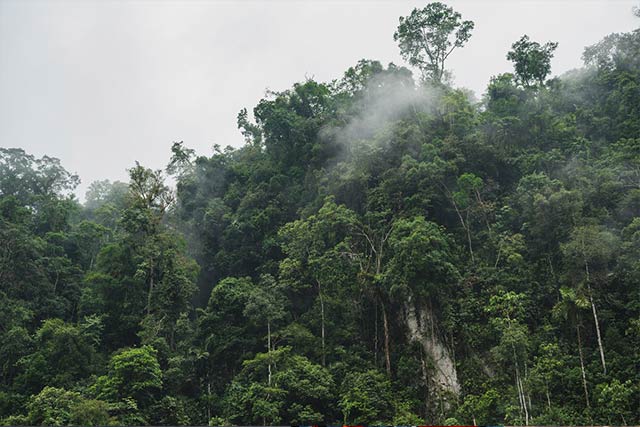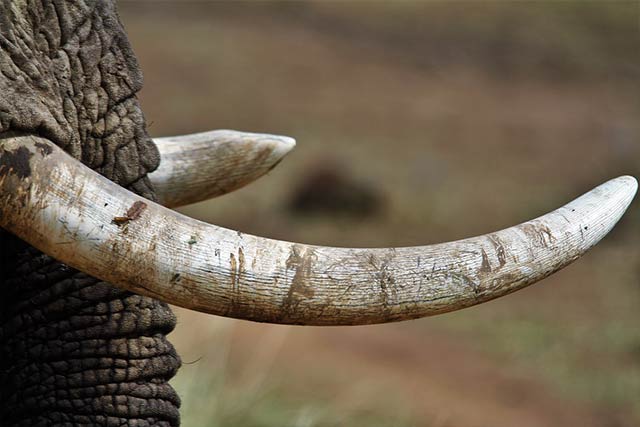
The coronavirus pandemic is without doubt tragic. But there may be a silver lining for our communities and our planet.
With over 1 million cases and billions affected, it is undoubtedly the most significant event of our generation. It has changed our lives in immeasurable ways - home confinement, job losses in the millions, an expected global recession, and worst of all, the loss of tens of thousands of lives.
Yet we as a global community depend on hope. And there is some to be found.
There are whispers that coronavirus may have led to a rekindling of community, something that is easily lost in an often consumption-focused world. There are reports of neighbours reaching out to one another and of businesses rewriting the rules to support the vulnerable.
Social media is rife with videos of singing and exercise classes from balconies. NHS workers have been applauded by thousands for their work, and have been supported by a number of unlikely organisations. Added together, it’s possible this has changed our focus - maybe instilled a new sense of what is valuable, of what’s normal.
There are some environmental and health benefits to be found too. Fossil fuel consumption has dropped globally, most notably in China, as this striking report shows. As flights have come to a standstill - 67 million fewer in the first quarter of 2020 - and office blocks stand empty, so too have our demands for coal and oil fallen. This may bring benefits to our health even in the short term.
One researcher predicted that measures would save more lives from air pollution than from Coronavirus. In China for instance, where air pollution contributes to the deaths of around 1.5 million people annually, it was predicted that disruption to economic activity would save 20 times more lives from air pollution than for coronavirus.

Many of the environmental benefits we have seen are likely to be short-lived. When past periods of global economic recession have ended, such as after the 2008 financial crash, emissions have spiked alongside energy-hungry incentives to revitalise the economy. It’s likely to be the case again unless we rally against it.
Why not use this time as a turning point in the way the world functions? People have talked about transitioning away from economic growth as the only measure of success for decades; this unprecedented disruption provides a great opportunity!.
Unfortunately, many reports of nature ‘re-emerging’ as people shelter indoors are at best a little misleading. People like assurance that, if it came to it, nature could bounce back - and, chances are it could, but not quite at this speed. It’s not the presence of people that are the problem, but instead, the way that ‘normal’ society is so hostile to other forms of life. There is still food for thought here - a re-evaluation of how we value the natural world.

Even if stories of nature ‘bouncing back’ are a little premature, there are significant good news stories to be found for the natural world. For instance, some predict that the outbreak could spell the end of the global wildlife trade, as it is suspected the virus originated in a wild animal at a Chinese wet market. Global pressure to end these markets, to prevent future outbreaks, would bolster the ardent cries of conservationists a hundredfold. This could be fantastic news for endangered species such as pangolins, the most trafficked mammals on the planet.

Wild places have also seen a renewed sense of value in countries like the UK, as other recreational activities have closed. This has actually caused problems in lots of areas - over one weekend, for instance, Snowdonia saw the greatest number of visitors in a generation - but it may have effects that outlast the pandemic.
Now during the lockdown, we’re largely confined to our homes, the shops, and the local bit of grass down the street. But when the pandemic is over, might those who visited - who otherwise would not have - remember how it felt to be in such a place? A rekindled connection with nature is sorely needed to push environmentalism up the public agenda so let’s hope so.
We need to be careful about drawing conclusions here. ‘Humanity is the virus’ is a phrase that has floated around the internet, but a moment’s thought reveals that this stinks of eco-fascism and an implicit disregard for human life (bro). A more accurate lesson is that it is not people that are the problem, but aspects of the society they find themselves in.
This leads to a more interesting and empathetic realisation. The outbreak has led us to shift from the status quo to hurriedly develop a temporary and flawed way of living within our global means. It’s not a good way - it’s full of suffering, frustration and isolation - but it at least shows that alternatives are possible. It implies that, if approached with forethought and planning, we can find a way to live that doesn’t rely on environmental destruction, and maintain a good quality of life at the same time. That is an important lesson, and one we mustn’t forget once these troubled months are over.
The big question remains though - how can we better structure a sustainable society and what is our role in the transition? What do you think?
Enjoyed this? Check out our Earth Day 2020 if so